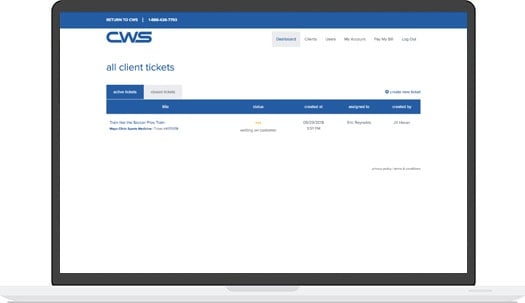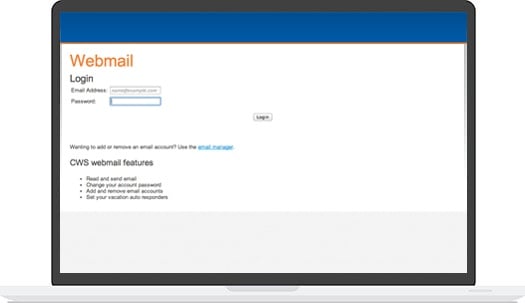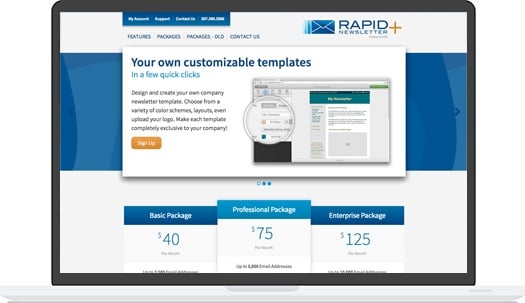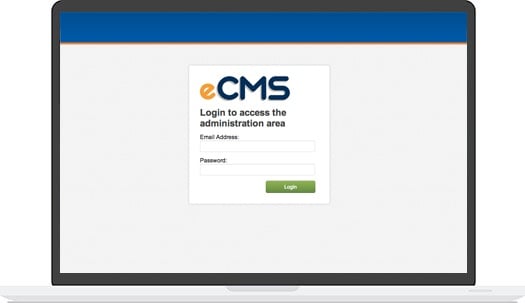You may have noticed Microsoft's new "search overload" commercials or seen a new look when you visited what used to be MSN or Windows Live Search. Microsoft's new product line, branded under the name Bing, claims to be a "decision engine" that will change the way we search the Web. What exactly is new with Bing, and what does it mean for your website?
At first glance, Bing looks like a simple redesign of the old Live Search. Results are presented differently, though. They're moved around a bit and grouped in categories. These changes are designed to help users scan the results to find answers faster.
How is Bing's approach different than Google's? Google's focus is on engineering -- the algorithm that determines search relevancy is the core of their business, and the design of their search result pages is minimalist. Bing has a stronger emphasis on visuals and interaction.
A simple search for "Rochester MN" in both Google and Bing generates similar results. But Bing groups the results under several categories: the main results followed by topics like "Rochester MN Weather" and "Rochester MN Jobs." Google places all its results together. Bing also lists possible related searches high on the left side of the page, while Google offers a similar set of choices at the bottom of the page.

What does Bing mean for your search rankings? Most changes are in the user interface. The spidering software that actually indexes pages on the Web doesn't appear to have changed -- it's still essentially the MSN tool, which has long been seen as slower than its competitors. This means that SEO work may take longer to affect your results with Bing than Google.
Will Bing drive more traffic to your site? It's too early to have much data, but so far, traffic referrals from Bing look similar to the old MSN search. For June 2009, here's the share of overall Web searches handled by each of the major players in the United States as reported by comScore:
- Google: 65.0%, unchanged from May 2009
- Yahoo: 19.6%, a 0.5% drop
- Bing: 8.4%, a 0.4% rise
- Ask: 3.9%, unchanged
- AOL: 3.1%, unchanged
These are early numbers, and as one search engine expert writes, "while there's a temptation to draw conclusions from the early figures, we really want to see what happens around October and November. People will be back from school then, the months will be more 'regular' in nature and the Bing marketing campaign will likely have ended or ramped down."
What about pay-per-click advertising -- might Bing's emphasis on interactive tools, encouraging users to explore outside the main search results, improve clickthrough rates? Some early reports have indeed shown higher numbers, but not by much. And since Google's market share is still so much higher than Bing's, they continue to win the numbers game.
Is Bing a better search engine? Time will tell. Bing looks promising and is off to a reasonably good start, but Microsoft faces an uphill battle to gather enough traffic to seriously challenge Google in this space. A new search partnership with Yahoo does give Microsoft additional momentum. For now, the same best practices in SEO will continue to apply, but it will be interesting to see the industry evolve in response to Bing.

.jpg?t=1533315998368) How-To Articles
How-To Articles Support Portal
Support Portal Webmail
Webmail Rapid Newsletter+
Rapid Newsletter+ eCMS
eCMS

